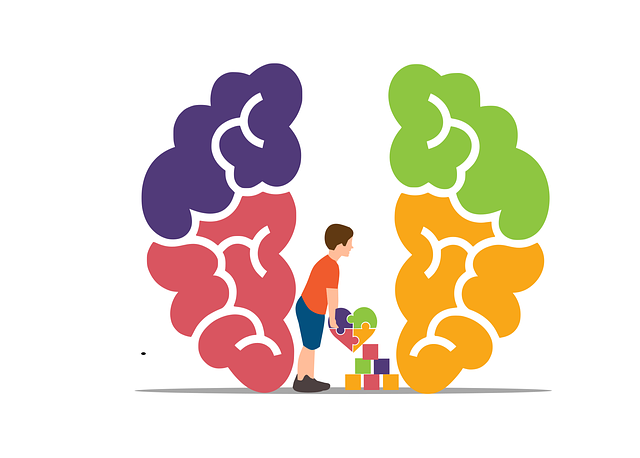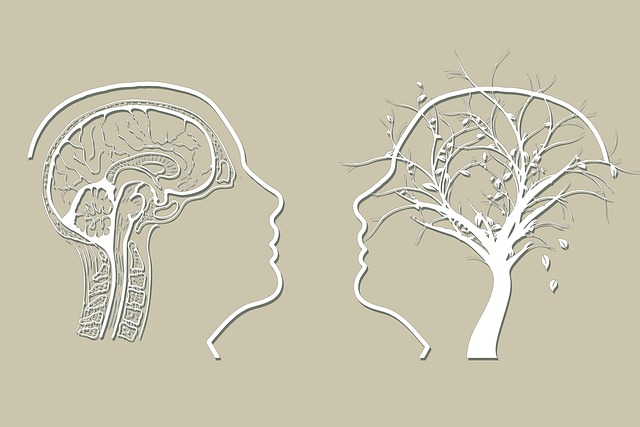Mental health crisis hotlines (24/7) offer immediate support to adults who have survived abuse, focusing on depression, anxiety, trauma, and suicidal ideation. These services provide tailored coping skills development, bridging to longer-term mental health services and alleviating healthcare provider burnout. Therapy for Adults Abuse Survivors uses evidence-based practices, helping them process experiences, manage intense feelings, challenge negative beliefs, build resilience, and self-worth, empowering them to navigate future challenges without harmful behaviors towards lasting recovery. Confidentiality and anonymity are paramount in these hotlines, fostering trust and encouraging individuals to take the first step towards healing. Trained volunteers effectively de-escalate crises and direct callers to appropriate resources, including therapy for Adults Abuse Survivors, through ongoing support and development.
Mental health crisis hotline support services play a vital role in providing immediate assistance and long-term solutions for individuals facing emotional distress. In this article, we explore various aspects of these critical resources. From understanding the purpose of mental health crisis hotlines to delving into the specific benefits of therapy for adult abuse survivors, we guide you through accessing these services confidentially. Additionally, we highlight volunteer training and resources, emphasizing their significance in fostering effective support.
- Understanding Mental Health Crisis Hotlines
- The Role of Therapy in Supporting Adult Abuse Survivors
- Accessing Hotline Services: Who Can Use Them?
- Confidentiality and Anonymity: Safeguarding Sensitive Information
- Training and Resources for Support Line Volunteers
Understanding Mental Health Crisis Hotlines

Mental health crisis hotlines are a vital resource for individuals experiencing acute emotional distress or mental health crises. These 24/7 services provide immediate support, allowing people to connect with trained professionals who can offer guidance and assistance. Hotlines cater to a wide range of issues, from depression and anxiety to trauma and suicidal ideation, ensuring that no concern is too small or too significant to be addressed.
Designed to deliver effective therapy for adults abuse survivors and those facing similar challenges, hotlines often employ coping skills development techniques tailored to individual needs. They also serve as a bridge to longer-term mental health services, offering a safe space for individuals to navigate their crises before engaging in more comprehensive treatments. Moreover, these platforms can be instrumental in preventing burnout among healthcare providers by providing support and resources dedicated to managing high-stress situations.
The Role of Therapy in Supporting Adult Abuse Survivors

Therapy plays a pivotal role in supporting adult abuse survivors by providing a safe and non-judgmental space for them to process their experiences and emotions. Using evidence-based practices, therapists employ Mind Over Matter principles to help individuals understand that they have the power to transform their mental states and break free from abusive patterns. Through emotional healing processes, survivors learn to identify and regulate intense feelings, fostering a sense of safety and control in their lives.
The therapeutic journey focuses on nurturing coping skills development, empowering survivors to navigate future challenges without resorting to harmful behaviors. By delving into their histories, therapists help individuals challenge negative beliefs and cognitions formed during abuse, replacing them with healthier perspectives that promote resilience and self-worth. This process is crucial in helping adult abuse survivors reclaim their lives and move towards lasting recovery.
Accessing Hotline Services: Who Can Use Them?

Hotline services for mental health crises are designed to offer immediate support and guidance to anyone experiencing emotional distress. These services are often free and confidential, ensuring individuals feel safe while seeking help. Whether it’s a person grappling with depression, anxiety, or those who have experienced trauma and abuse, hotlines cater to a wide range of concerns. In particular, crisis hotline operators are trained to assist adults who have survived abuse, helping them develop inner strength and work towards self-esteem improvement.
The accessibility of these services is a vital aspect, as they can be reached via phone or, in some cases, online chat. This includes text-based support, catering to those who prefer written communication. Hotlines provide a safe space for individuals to express their feelings, fears, and frustrations without judgment. Additionally, they offer practical advice on self-care strategies and resources for ongoing mental health therapy, helping users take proactive steps towards depression prevention and overall well-being.
Confidentiality and Anonymity: Safeguarding Sensitive Information

When reaching out to a mental health crisis hotline, one of the most significant concerns for individuals, especially those who have experienced trauma like adult abuse survivors, is the confidentiality and anonymity of their information. These hotlines prioritize absolute discretion to create a safe space for vulnerable people to share their struggles without fear of judgment or repercussions. The sensitive nature of the discussions ensures that the details shared remain private, fostering trust between the caller and support staff.
This confidentiality is crucial in building resilience and encouraging self-esteem improvement among individuals seeking therapy. Knowing that their experiences are kept confidential empowers them to openly discuss their challenges, which aligns with the core principles of mind over matter. By ensuring anonymity, these hotlines enable people to take the first step towards healing without worrying about potential consequences, allowing them to access the necessary support for a better tomorrow.
Training and Resources for Support Line Volunteers

Mental health crisis hotline volunteers play a vital role in providing immediate support and guidance to individuals experiencing distress. Effective training is essential to prepare them for the diverse range of calls they may receive. Training programs should cover active listening, empathy, and crisis de-escalation techniques. Volunteers need to understand the signs of various mental health conditions and be equipped with tools to direct callers towards appropriate resources, such as therapy for adults abuse survivors.
In addition to training, volunteers benefit from access to ongoing support and resources. Organizations can facilitate this through regular supervision sessions, peer mentoring, and stress management workshops that teach Mind Over Matter principles. By implementing burnout prevention strategies for healthcare providers, these organizations ensure the long-term sustainability of their volunteer programs, allowing them to continue offering invaluable services to those in need.
Mental health crisis hotline support services play a vital role in assisting adults surviving abuse by providing immediate, confidential, and anonymous assistance. By combining this with access to trained volunteers and professional therapy for adults abuse survivors, we can navigate the challenges of mental health crises effectively. Ensuring these resources are easily accessible and well-resourced is crucial for fostering better mental health outcomes and revolutionizing support for vulnerable individuals.














